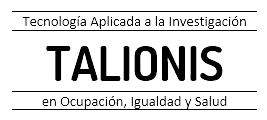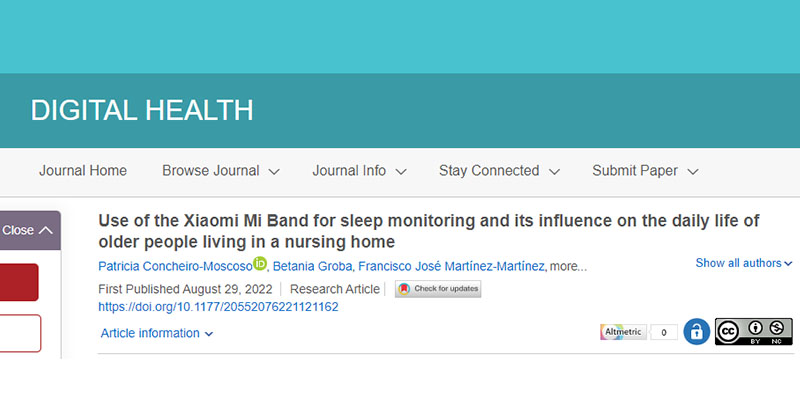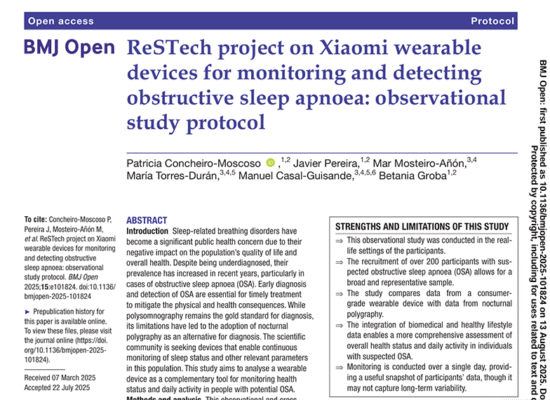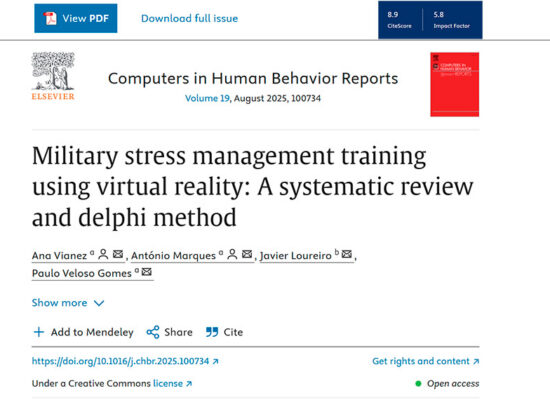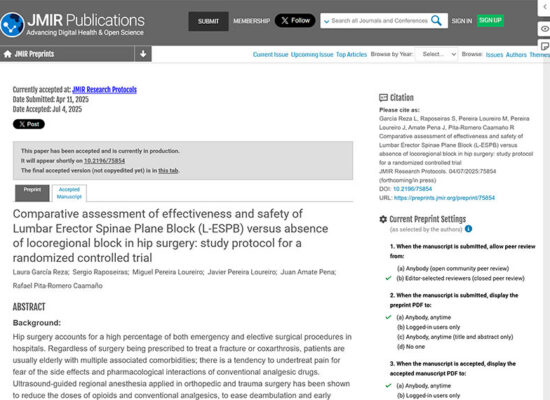– Abstract
Background: Lower quantity and poorer sleep quality are common in most older adults, especially for those who live in a nursing home. The use of wearable devices, which measure some parameters such as the sleep stages, could help to determine the influence of sleep quality in daily activity among nursing home residents. Therefore, this study aims to analyse the influence of sleep and its changes concerning the health status and daily activity of older people who lived in a nursing home, by monitoring the
participants for a year with Xiaomi Mi Band 2. Methods: This is a longitudinal study set in a nursing home in [Details omitted for double-anonymized peer reviewed]. The Xiaomi Mi Band 2 will be used to measure biomedical parameters and different assessment tools will be administered to participants for evaluating their quality of life, sleep quality, cognitive state, and daily functioning. Results: A total of 21 nursing home residents participated in the study, with a mean age of 86.38±9.26. The main outcomes were that sleep may influence daily activity, cognitive state, quality of life, and level of dependence in activities of daily life. Moreover, environmental factors and the passage of time could also impact sleep. Conclusions: Xiaomi Mi Band 2 could be an objective tool to assess the sleep of older adults and know its impact on some factors related to health status and quality of life of older nursing homes residents. Trial Registration: NCT04592796 (Registered 16 October 2020). Available on: https://clinicaltrials.gov/ct2/show/NCT04592796.
– Keywords
Sleep, aging, participatory health, quality of life, activities of daily life, occupational therapy, wearable technology, xiaomi mi smart band 2.
Acceso al artículo
DOI: 10.1177/20552076221121162 journals.sagepub.com/home/dhj
IF 4.687 (2021)
Subject:
- Health Policy & Services Rank 12/88. Q1
- Health care sciences & services. Rank 24/109. Q1
